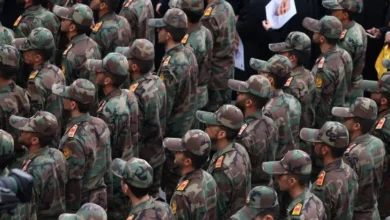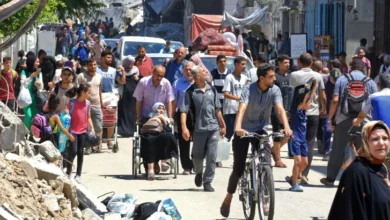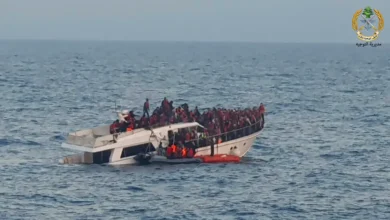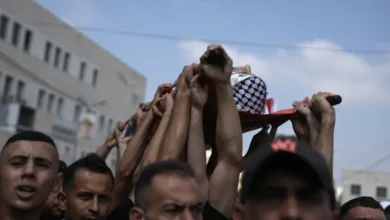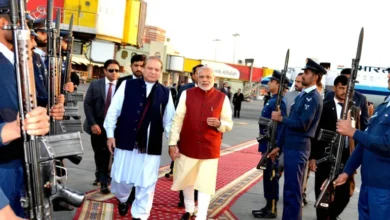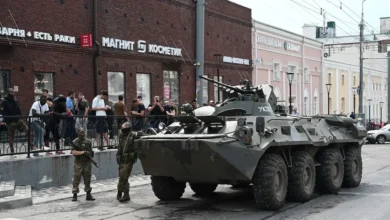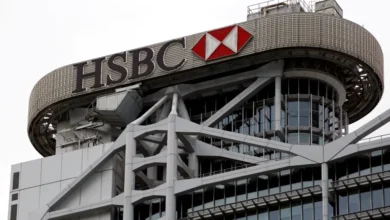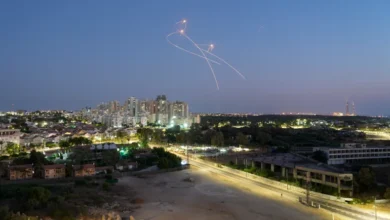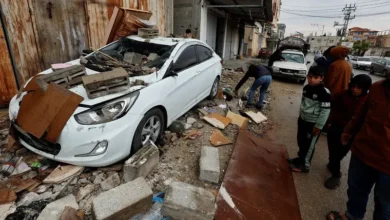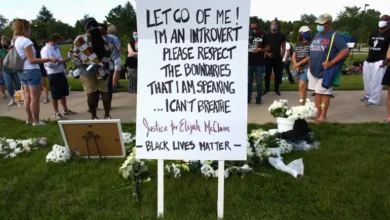Maduro’s greatest test? All you need to know about Venezuela’s election
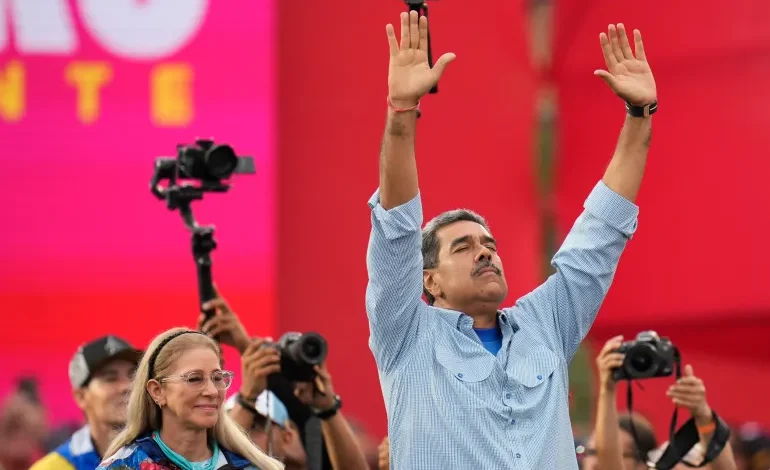
On Sunday, voters in the South American nation of Venezuela will take part in what may be one of the most consequential elections in the country’s modern history.
After 11 years in power, President Nicolas Maduro is facing steep odds as he seeks a third term against opposition candidate Edmundo Gonzalez Urrutia.
Polls show Maduro trailing Gonzalez by nearly 40 points, as voters express exhaustion over Venezuela’s economic crisis and political repression.
But critics question whether Maduro will accept defeat if he is indeed trounced at the polls. The socialist leader has been accused of wielding his power to suppress potential rivals, arresting some and barring others from holding office.
Who are the candidates, what developments have we seen so far, and under what circumstances will voting take place? We answer these questions and more in this brief explainer.
When is the election taking place?
The election will take place on July 28, the birthday of the late Venezuelan President Hugo Chavez, Maduro’s mentor.
What do the pre-election polls show?
Maduro appears to be lagging behind his rival Gonzalez by a seemingly insurmountable margin.
The polling firm ORC Consultores shows Maduro with 12.5 percent support, compared with a whopping 59.6 percent for Gonzalez.
Another poll from the data firm Delphos and Andres Bello Catholic University showed Maduro with a slightly higher approval rating, about 25 percent. But he was again far behind Gonzalez, who pulled in more than 59 percent support in that poll as well.
Since the mid-2010s, Venezuela’s economy has been in dire straits, as the price of its main export, oil, cratered.
The economic crisis triggered hyperinflation and severe economic strain. An exodus of people started to leave the country in search of opportunities elsewhere. Some critics blamed Maduro and his allies for corruption and economic mismanagement as well.
Sanctions imposed by the United States — in response to alleged human rights abuses and democratic backsliding — have compounded the economic crisis, according to experts.
Laura Dib, the Venezuela programme director at the Washington Office on Latin America (WOLA), a research and rights advocacy group based in the US, told Al Jazeera that people in the country are desperate for an improvement to the crushing economic circumstances.
How many people have left the country?
Perhaps the best indicator of how dire the economic situation has become is the number of people leaving the country.
According to the United Nations refugee agency (UNHCR), more than 7.7 million have left the country since 2014, in one of the largest instances of mass displacement in modern history. About 2,000 people continue to leave each day.
Some experts fear that number may spike if Maduro claims victory in a third successive election.
Who is running?
Maduro, the 61-year-old successor of former President Chavez, is seeking a third six-year term as the candidate for the United Socialist Party.
He seeks to continue Chavez’s legacy of offering social programmes to the poor and taking an antagonistic stance towards the US.
Facing off against Maduro is a group of opposition parties that call themselves the Unitary Platform coalition.
The coalition brings together an array of political views, but its defining goal is to bring Maduro’s time in power to a close and improve relations with the West. By winning sanctions relief and boosting investments, officials in the Unitary Platform hope to improve conditions in Venezuela, allowing members of the diaspora to return home.
The opposition is represented on the ballot by Gonzalez, a 74-year-old former diplomat.
For his part, Maduro has painted the opposition as stooges of foreign powers who would privatise the social programmes that many poor residents rely on for economic support.
What happened last time Maduro ran?
The opposition largely sat out the 2018 election in protest of what it said was a biased electoral system. Maduro ultimately won that election with more than 67 percent of the votes.
But groups like the Organization of American States warned that the election failed to meet the standards for a “free, fair, transparent and democratic process”, and observers noted that voter turnout was at a record low.

